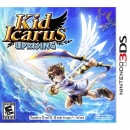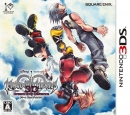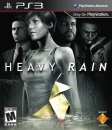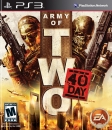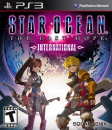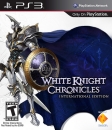| adriane23 said: For me, any game where the main character (be it created by the player, or created by the developer) can increase their base stats is an RPG to me. Final Fantasy is an RPG, Mass Effect is an RPG, etc. The gameplay (Hack/slash, Turn-based, shooter) of the game don't really factor in to me. |
Is it important for you, if the game makes the decisions about the development of the character or the player? Because that is the main difference between the definitions of Torillian and me.












































